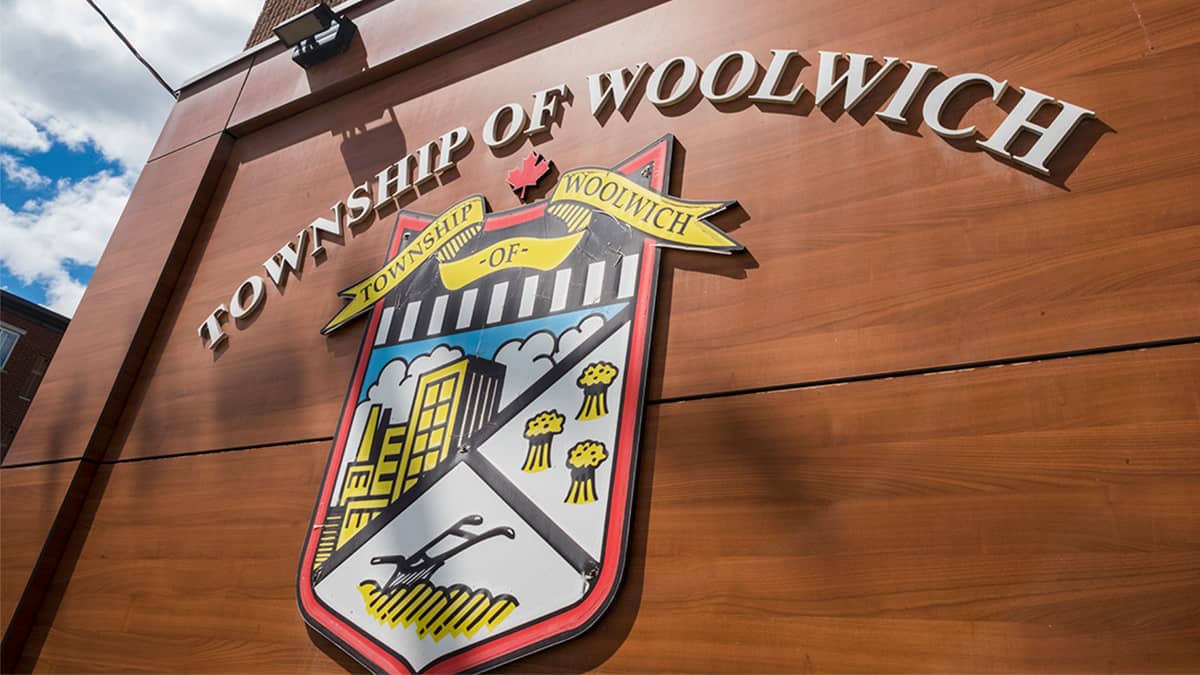Omicron has spread like wildfire throughout the region and has left many businesses or services with limited staff as many have to isolate following Ontario’s public health rules. The local hospitals in the region are feeling the pressures of staff absenteeism as well just as more and more people come in for COVID treatment.
“Ontario and Waterloo Region continue to experience widespread community transmission of Omicron,” said Dr. Hsiu-Li Wang, medical officer of health, during the region’s weekly pandemic briefing on Friday. “It is projected this will continue for the month of January. Local hospitals continue to be under tremendous strain.”
Grand River Hospital, St. Mary’s Hospital and Cambridge Memorial Hospital are facing a combination of issues due to the recent increase in case numbers.
“The number of COVID-related admissions has grown dramatically – since last Friday, our numbers have close to doubled. Demand for care has long outpaced the capacity prior to the pandemic but now, even with increased capacity and hiring of hundreds of staff, this stage of the pandemic is challenging us,” said St. Mary’s Hospital president Lee Fairclough.
The hospitals are currently seeing an increased number of patients coming in with COVID, as well as a shortage of hospital beds to treat them in even as many staff members are isolating at home.
“Like many of you, no doubt you know individuals or families who have had COVID or have had exposures, our staff and ourselves are all feeling the same. So, in the last week there have been a doubling from just over 300 to close to 600 staff off work due to COVID-related reasons. Our [emergency department] is seeing record number of patients waiting for admission to hospital. We know that we will see more hospitalizations into the coming weeks,” said Fairclough.
At midweek, the region was reporting 4,093 active cases of COVID-19, down from 6,500 a week earlier. Officials are monitoring outbreaks at 76 locations. The majority of outbreaks in the region have been at long-term care homes or in a congregate setting, with a few in hospitals in the last week. The region has seen 324 fatalities related to the virus since the pandemic began.
Ron Gagnon, CEO of Grand River Hospital, said his hospital is also feeling the effects of the recent spike in cases and would enjoy the community to bring out the pots and pans again to help cheer on frontline staff who are feeling burnt out.
“Heading into this week, our three hospitals were already operating at 108 per cent of our emergency room design capacity. So we’re already over capacity and that has just grown since the beginning of this wave of COVID-19. And the percentage of people being admitted to hospital with COVID-19 continues to increase. At GRH over the last seven days, 60 per cent of people admitted to hospital have COVID-19. And yesterday that was 75 per cent.”
Many working the frontlines are feeling burnt out as they continue to take on the new challenge of Omicron, a highly transmissible variant compared to Delta.
“Celebrate our frontline providers,” urged Gagnon. “I’ve heard from many women when I’m rounding about how we used to hear pots banging, lots of celebration and now we’re worse than we’ve ever been, with the challenges on the frontline.”
A limited number of beds in the region have left the hospitals strained to keep up with inflow of new COVID patients.
“Right now, at CMH we’re 97 per cent occupied. That means we have six available beds to serve our community and only one of those is an ICU bed,” said Patrick Gaskin, CEO of Cambridge Memorial Hospital, during the update. “The hospitals in the region, each of us are having pressures as it relates to our staff getting COVID.”
Gaskin urged the community to get vaccinated with first, second or booster doses to prevent becoming seriously ill with COVID as Omicron spreads, not wanting to see more people in their hospital beds. Some 87.5 per cent of eligible Waterloo Regions residents have received at least one dose of vaccine, with 81.6 per cent fully vaccinated.
As with the region, the number of cases has dropped in Wellington-Dufferin-Guelph, with 1,140 active cases, down from 1,990 seven days earlier. There have been 133 fatalities associated with the virus.
Public health there reports 88.9 per cent of eligible residents has received at least one dose of vaccine, with 83.6 per cent fully inoculated.
The province continues to see growth in the total number of cases, with the tally now at 963,700, of which 861,560 have been resolved (89.4 per cent). There have been some 10,670 deaths since the pandemic began, representing a mortality rate of 1.1 per cent.
Some 4,180 people are currently hospitalized in Ontario, 580 in ICU.
The latest numbers from Health Canada show 331,376 active cases nationwide. The cumulative total of confirmed cases now stands at 2,801,450, with 31,679 related deaths, a mortality rate of 1.1 per cent. Nationally, 82.9 per cent of eligible Canadians have received at least one dose of vaccine, with 77.1 per cent fully vaccinated.









